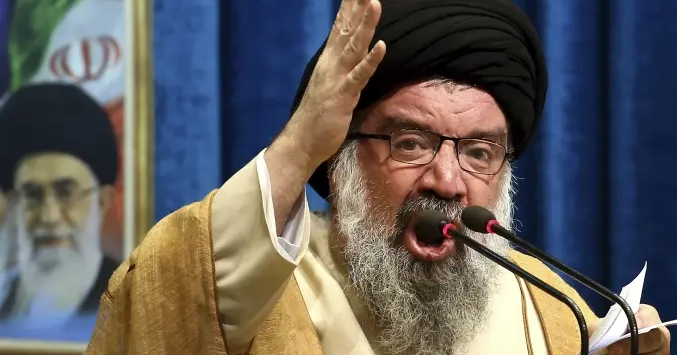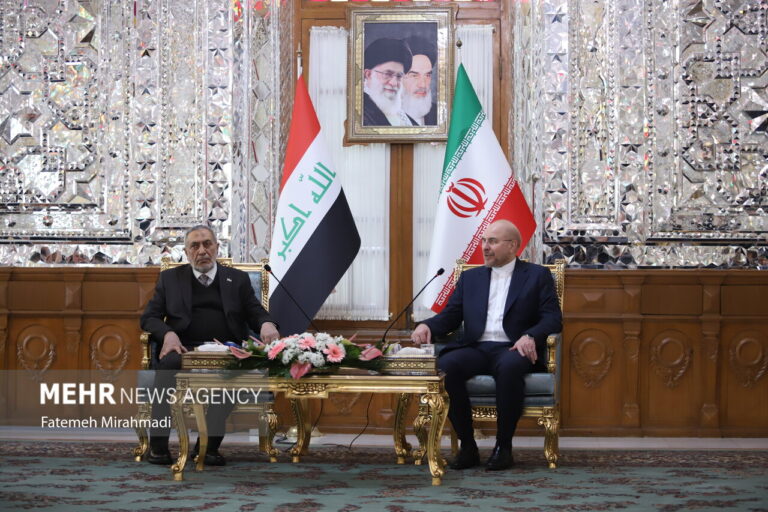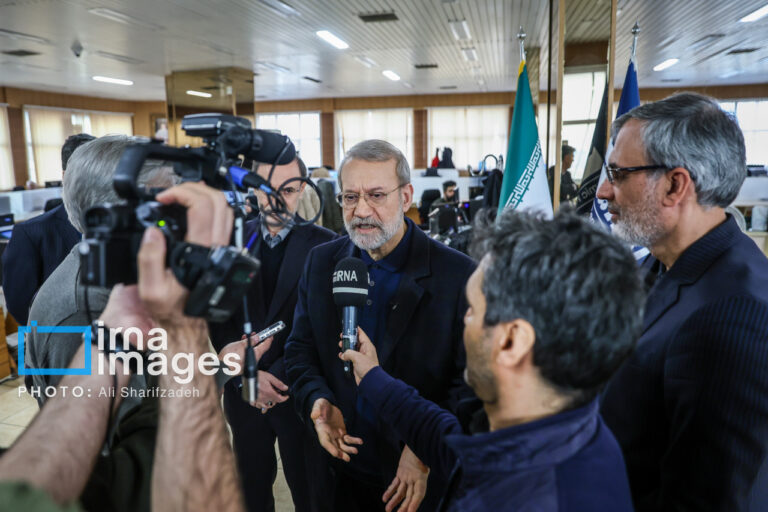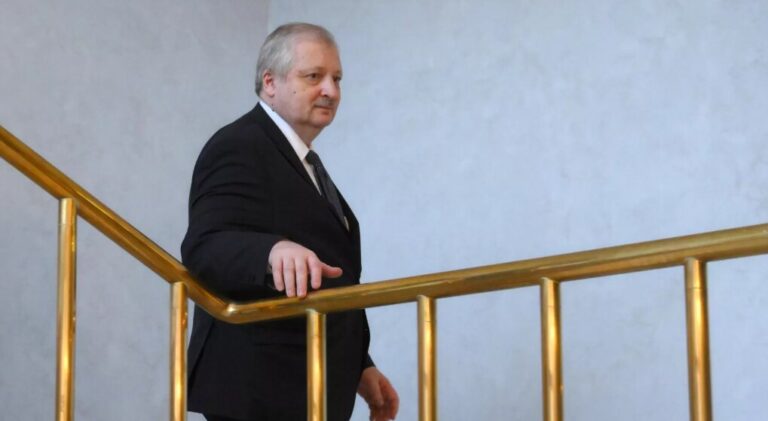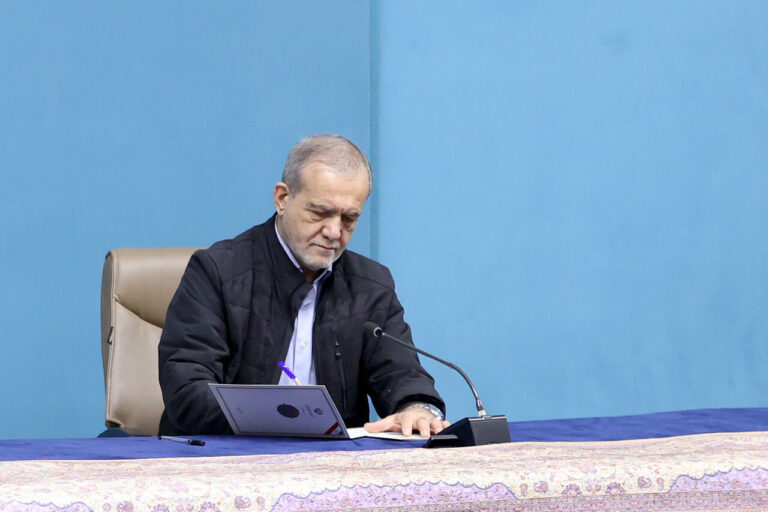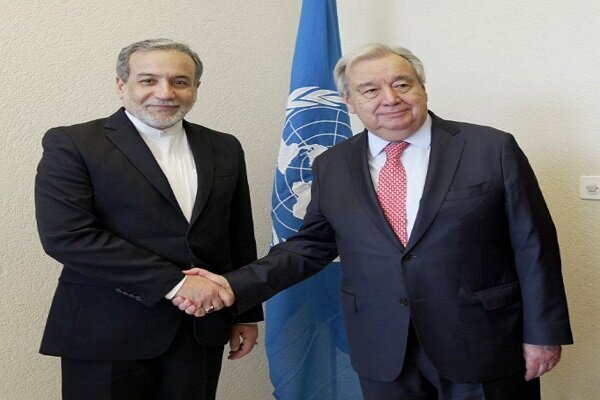Iranian Cleric Calls for ‘Death to America’ Chants Until the US Changes Course
The ongoing tensions between Iran and the United States have drawn significant attention, particularly after a senior Iranian cleric’s emphatic call to maintain the “Death to America” slogan. This statement reflects deep-rooted sentiments and political dynamics in the region, emphasizing Iran’s resistance against perceived U.S. aggression.
Ahmad Khatami, a prominent member of Iran’s Assembly of Experts and the interim Friday prayer leader in Tehran, expressed these thoughts during a recent speech in Tabriz. He asserted that the slogan should be chanted “as long as the United States has not come to its senses.” Khatami’s remarks resonate with a broader narrative in Iran, where U.S. opposition is often framed as an affront to Islam itself.
“America does not oppose this or that person,” Khatami stated, emphasizing that, according to verses from the Quran, the issue lies with Allah. This viewpoint highlights the theological underpinnings that some Iranian leaders attribute to their political conflicts with the U.S.
In the backdrop of these statements, U.S. President Donald Trump has reached out to Iran’s Supreme Leader Ali Khamenei, demanding a new nuclear agreement within two months. Trump has repeatedly stated that Iran should never be allowed to acquire nuclear weapons. This ultimatum was conveyed through a letter described as firm in tone, and it was reportedly shared with close U.S. allies, including:
- Israel
- Saudi Arabia
- The United Arab Emirates
Tehran has confirmed receipt of the letter but has refrained from publicly commenting on its contents. The diplomatic exchanges highlight the complexities of international relations in the region.
Trump’s Middle East envoy, Steve Witkoff, mentioned on a recent episode of The Tucker Carlson Show that Iran has used indirect channels to respond to the letter. He stated, “I’m not at liberty to talk about the specifics. But clearly through a, you know, back channels, through multiple countries and multiple conduits, they’ve reached back out.” This suggests that even amidst escalating tensions, there may be attempts to communicate between the two nations.
Khatami did not shy away from expressing his concerns about U.S. intentions in the region. He warned that Washington’s broader goal was to “destroy the religion that has come alive in the region.” However, he remained resolute, declaring that “they will never achieve this dream.” This rhetoric underscores the entrenched adversarial relationship between Iran and the United States.
In conclusion, Khatami’s statements are reflective of a larger narrative that has persisted in Iran’s political discourse. He emphasized that Iranians “have never grown tired of resisting arrogance,” a clear reference to the United States. This sentiment echoes the revolutionary ethos that continues to drive Iran’s stance against external pressures.
Supreme Leader Ali Khamenei also weighed in on the issue, dismissing calls for direct talks with the U.S. He highlighted Iran’s commitment to deterrence, stating, “Anyone who commits villainy against the Iranian people will be struck with a harsh slap.” This statement encapsulates Iran’s resolve to defend its sovereignty and its people against external threats.
The dynamics between Iran and the U.S. remain complex and fraught with historical grievances and ideological differences. As both nations navigate this challenging landscape, the potential for diplomatic resolution continues to be overshadowed by deep-seated mistrust and hostility.
